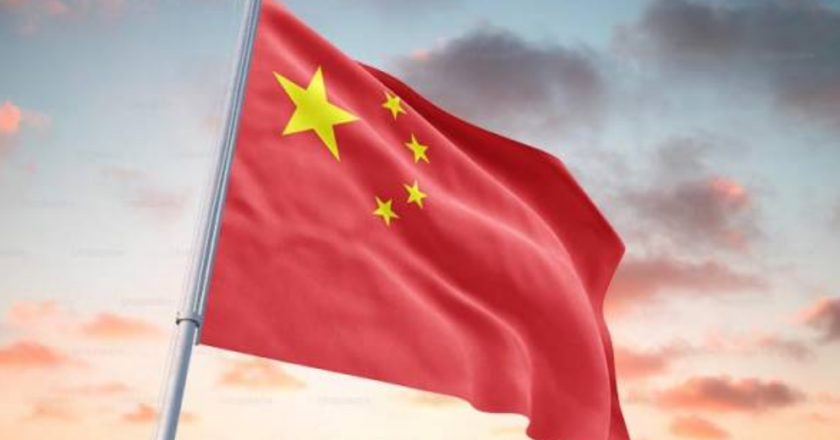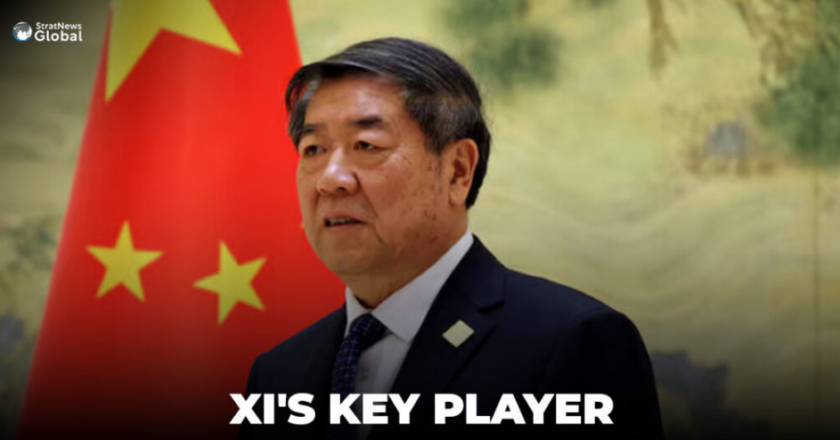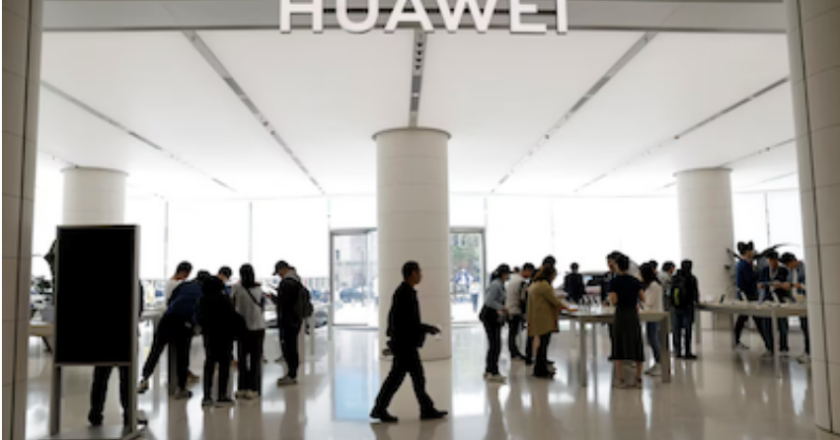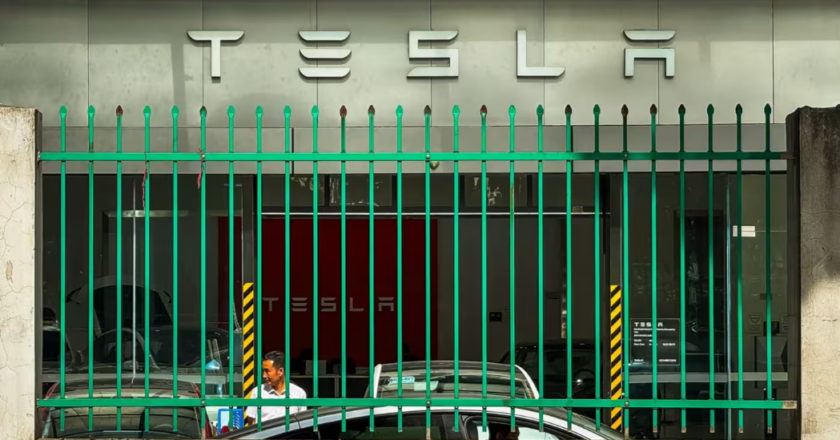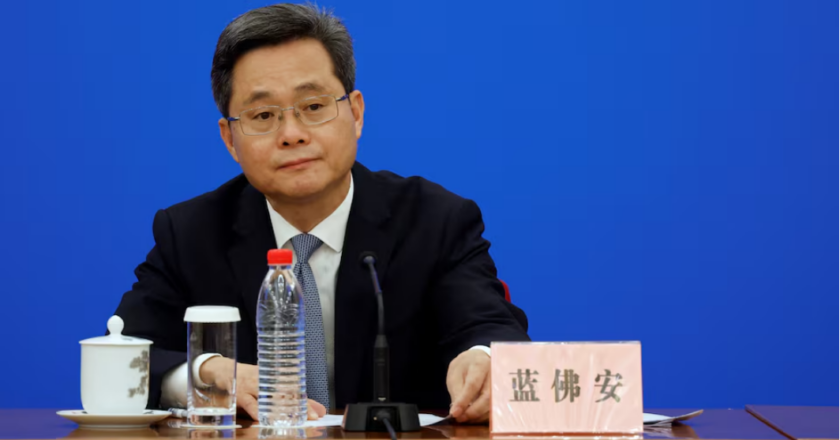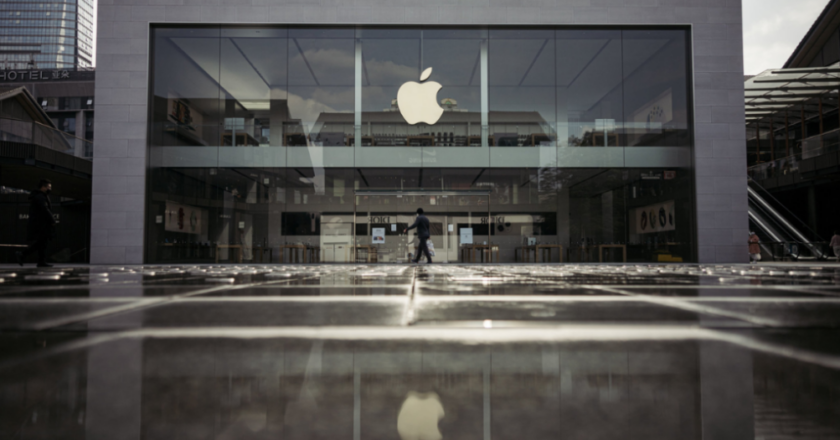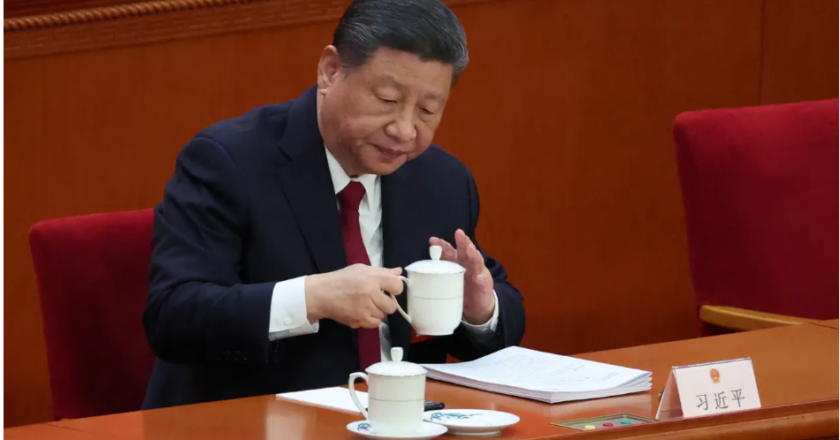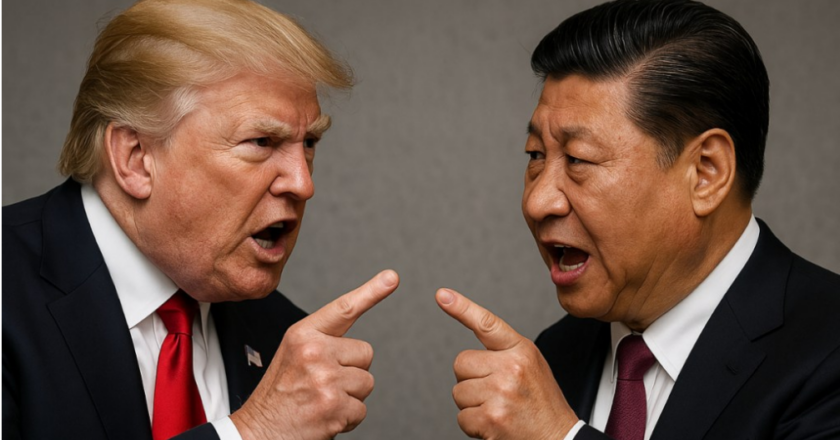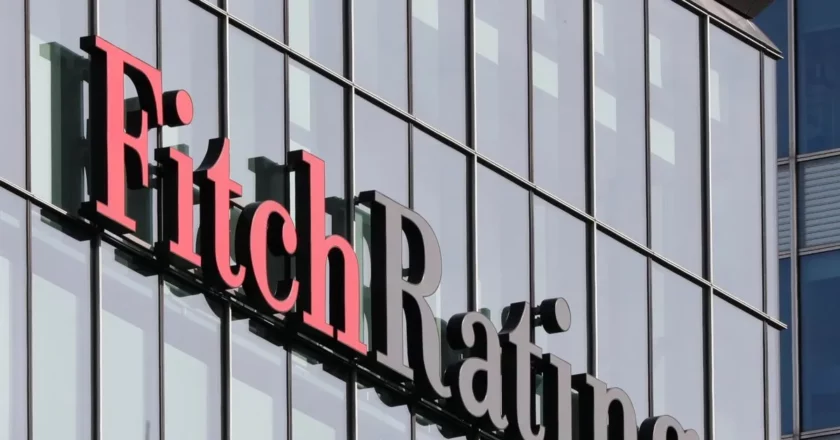Despite US tariffs, the Chinese financial industry is incredibly resilient, according to the Central Bank
China's financial market demonstrates high resilience and operates smoothly amid tariffs imposed by the United States, People's Bank of China (PBC) Deputy Governor Zou Lan said on Monday."Regarding China, the economy has started off well and continues to grow. The financial system remains sound and the financial market has shown high resilience and is running smoothly. The yuan's exchange rate against the dollar is around 7.3 yuan," Zou told a news conference, reported Sputnik/RIA Novosti.At the same time, a significant increase in customs tariffs by the US triggered fluctuations in global financial markets and led to a fall in the dollar index, as well as caused a rise in US Treasury bond yields, the deputy governor said, adding that the decision also increased volatility in the US stock...
